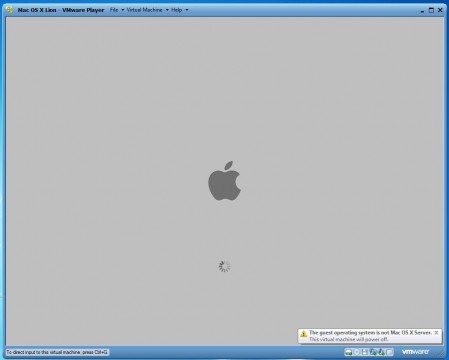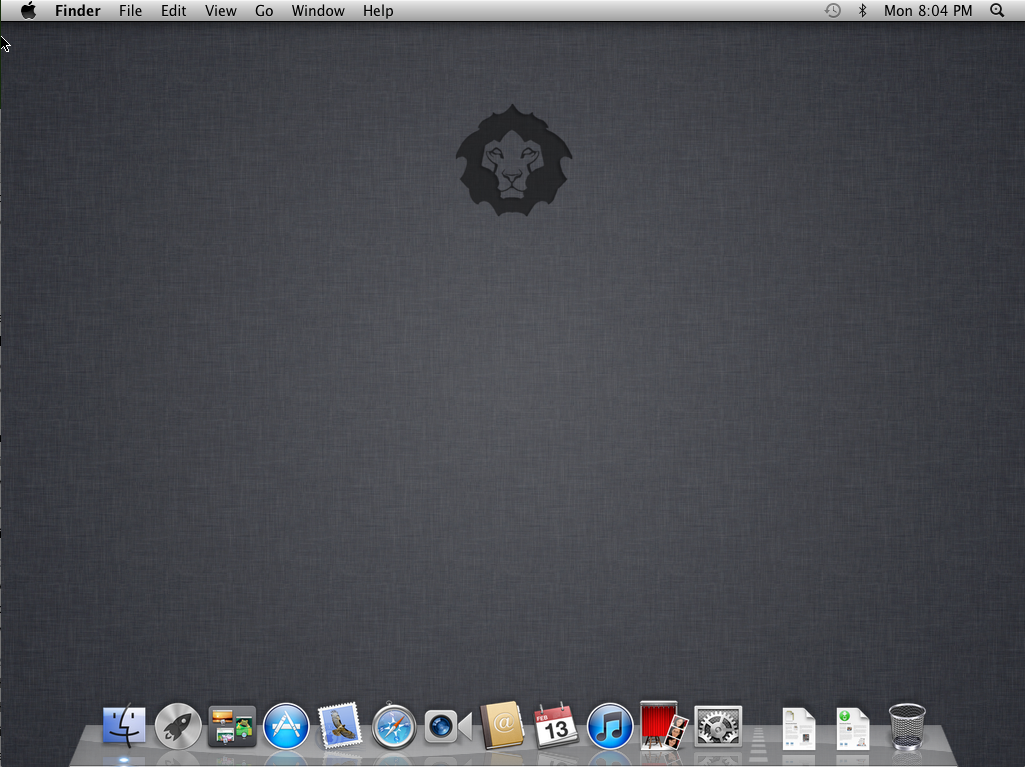



(Open Apple's page, copy the link address of your preferred installer, and then paste it to Safari to start downloading.) In that case, you need to reinstall the operating system using a bootable USB installer. If your Mac was produced in early 2011 or earlier and runs Mac OS X 10.7 Lion or later, it doesn't have Internet Recovery in its ROM. If that doesn't work, continue with step 2. Otherwise, you reinstall the OS that came with your Mac or the closest available version. If you upgraded to macOS Sierra 10.12.4 or later, you get the latest macOS version compatible with your Mac. Try clicking Disk Utility to erase your startup disk again, then tap on the "Reinstall OS X (macOS)" option to reinstall macOS/OS X. When Internet Recovery is loaded, you will see the OS X Utilities window.

Restart your Mac, then immediately press and hold Command + Option + R until the spinning globe appears. If your Intel Mac is manufactured from late 2011 onwards and runs Mac OS X 10.7 Lion or later, you can utilize Internet Recovery without extra software. To drive your Mac to search for an updated reinstall certificate online, you need to switch to Internet Recovery, which starts with a built-in ROM that allows your Mac to connect to the internet and download recoveryOS and bootstrap reinstalling OS X. That's likely because your laptop's certificate for Mac OS X reinstalls has expired. Suppose you can't reinstall macOS with Command + R, which starts your Mac from the built-in macOS Recovery System. Step 1: Restart in Internet Recovery Mode. Reinstall OS X from a bootable installer.Check your startup disk's SMART status with Disk Utility.


 0 kommentar(er)
0 kommentar(er)
